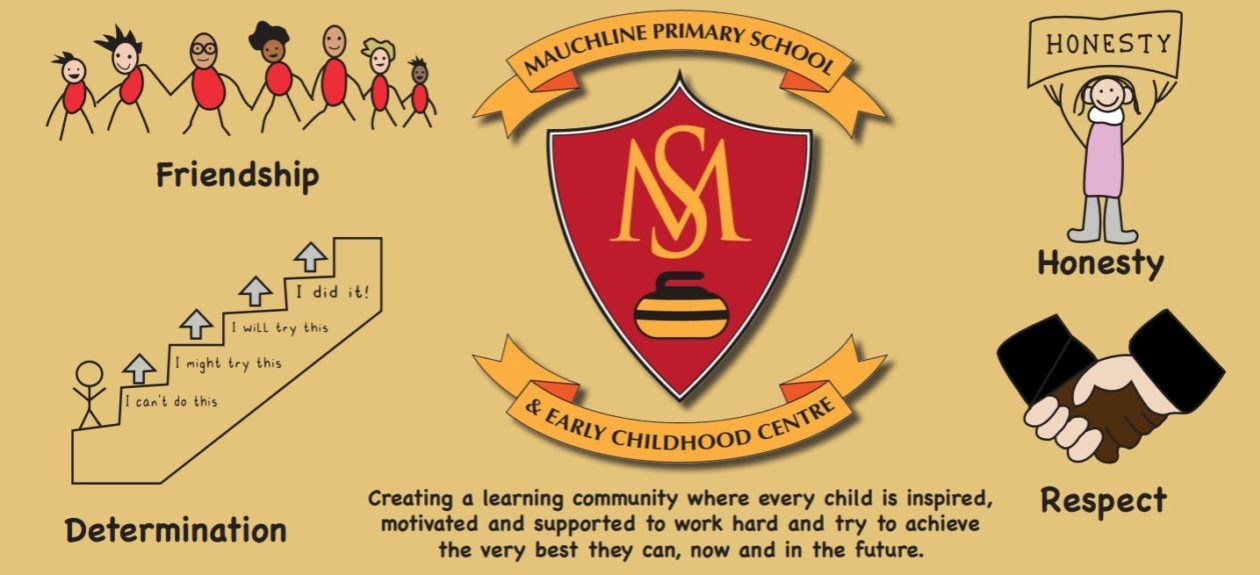PATHS stands for Promoting Alternative Thinking Strategies
PATHS is a socio-emotional learning curriculum which helps children to improve their friendships, help them make good decisions and improve their behaviour, as well as helping children achieve overall academic success.
Your child’s PATHS journey begins in Mauchline ECC and continues throughout their time at Mauchline Primary School.
There are 5 key components of PATHS:
- Positive ECC environment
- Feelings
- Self Control
- Problem Solving
- Relationships
We use different ways to achieve this:
ECC rules/expectations of children’s behaviour, Child of the Day, identifying feelings, feelings check ins, feelings resources, what friends do (play, help, share), doing turtle (turtle technique). We use PATHS stories about the PATHS animals to engage children.

This is Twiggle the turtle! He is the main PATHS character.
ECC Rules/expectations of behaviour –
Gentle hands, kind words, walking feet, listening ears, looking eyes
Child of the Day (COTD) –
The PATHS Curriculum is designed to build children’s self esteem and encourage children to support and respect others. Every child gets a turn to be Child of the Day. The child receives compliments from their keyworker and their friends and is given special jobs to do in the ECC like being the line leader and they get to wear a special lanyard with a picture of Twiggle the turtle on it. Your child will bring home their compliment list for you to discuss with them and add your own compliment if you wish. In the ECC the children are learning the meaning of the word ‘compliment’ as being a ‘nice thing to say to someone to let them know what we like about them’. Compliments can be about how someone looks, the things they have, the things they do or the way they are.
Feelings –
In the ECC we focus on 5 basic feelings – happy, sad, angry, scared and calm. Children learn that ALL feelings are ok (even the uncomfortable ones like sad and angry) but behaviours can be ok or not ok. PATHS feelings faces cards are displayed in the playroom and children can access a variety of resources related to feelings.
Friendship –
Children learn about the social skills for making friends. Friends play with each other, they help each other and they share.

Doing turtle (turtle technique) –
Children learn how to do turtle so they can do it when they have a strong uncomfortable feeling like angry or they’re feeling upset. It is a way to help children calm down.
Twiggle learns how to do turtle in the story book below.

And this is how the children learn to do turtle:


